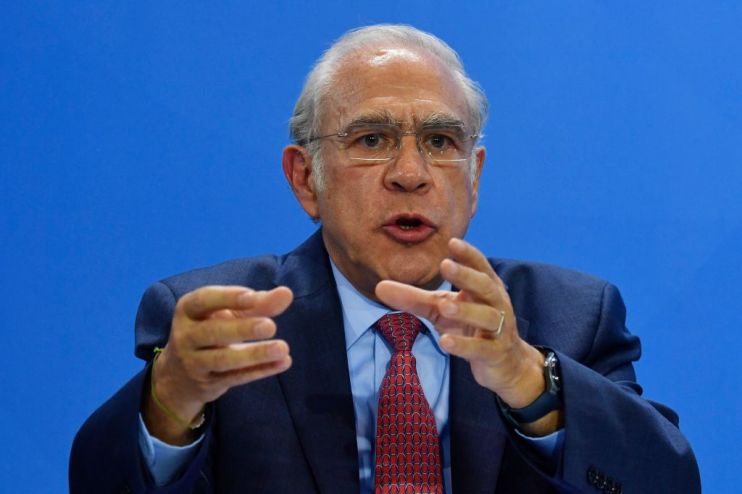OECD insists US remains part of global talks on digital tax

The OECD has said the US is still taking part in discussions around a global digital tax solution, despite statements to the contrary from Washington.
US treasury secretary Steven Mnuchin said earlier this month the US would leave the talks if several European countries did not halt their plans for independent digital taxes, including the UK.
US trade representative Robert Lighthizer later added that the US was “no longer involved in the negotiations”.
“To be clear, contrary to some earlier media reports, the US has not pulled out of the negotiations,” OECD general secretary Angel Gurria told delegates meeting for the latest round of talks among nearly 140 countries.
Letters have gone back and forth between the US and the finance ministers of the UK, France, Italy and Spain, all of which have varying plans to implement independent levies on technology companies.
In the UK, a levy will come into effect next year that takes a percentage of sales from companies operating search engines, social media websites and online marketplaces with revenues above £500m. It is intended to be temporary until a global solution is found.
The four countries are said to have offered to take a “phased approach” to their individual taxes, in a bid to appease Washington into coming back to the table.
Gurria continued: “Indeed, the presence of the US delegation here today, notwithstanding the US request for a delay on pillar one, confirms their ongoing engagement in this important work.”
Pillar one refers to plans to update international tax rules, which would aim to limit the ability of big companies such as Facebook and Alphabet’s Google to legally book profits in low-tax countries regardless of where their end-clients are.
The US has argued that such proposals unfairly target American companies.
A second pillar of negotiations, which are running simultaneously and have reached a more advanced stage, are ongoing to agree a global minimum level of corporate taxation.
“Pillar two will ensure that a minimum level of tax will be paid, no matter how much clever tax planning is undertaken by multinationals,” Gurria said.
“This is why we need to reach an international agreement, whether partly in October and then later in 2021, or any other possible combination driven by the political agenda,” he added.